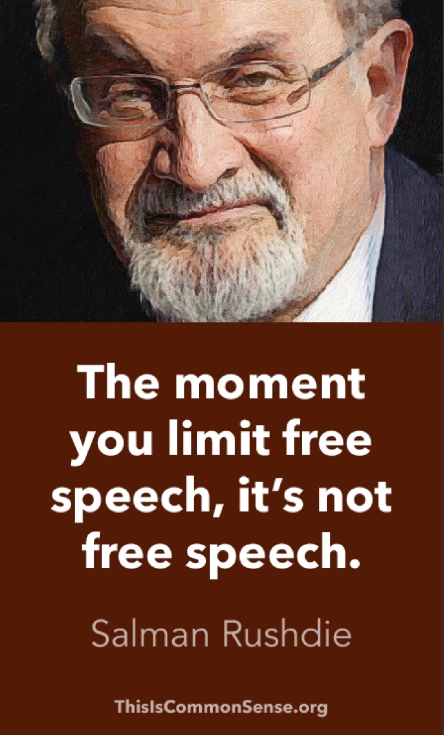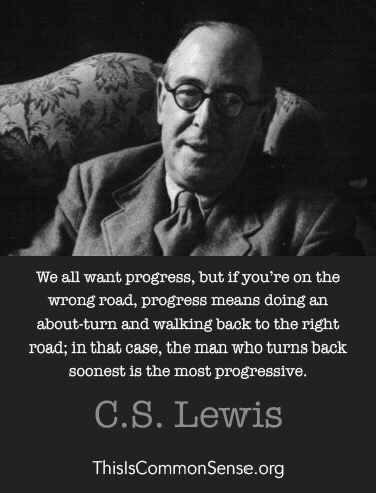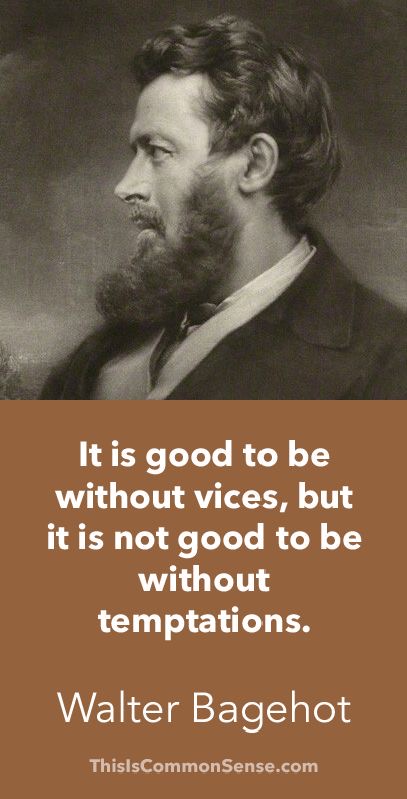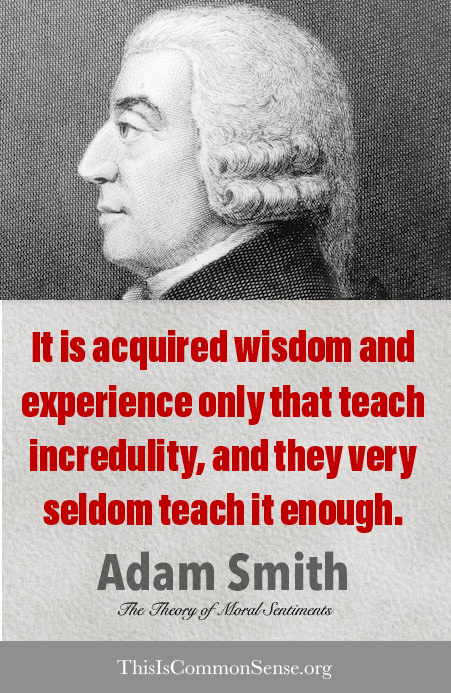When I see bad-looking bikers with black leather studs on their wrists hanging out at the Oregon Country Fair, I take it as a sign of health. No, I don’t want them hanging around, but trying to eliminate them all, arrest them all, legislate against them all — that’s evil. I have asked feminists, If you could, would you eliminate all male chauvinist pigs? If you could come up with some kind of spray to spray in the air and do away with them, would you? Would you do away with all scorpions and rattlesnakes, mosquitoes? Mosquitoes are part of the ecosystem. So are male chauvinist pigs. You’ve got to fight them, but you don’t try to exterminate them. A purifying group or system that would eliminate them all — that would be an evil force. Anytime you have a force that comes along and says, We will eradicate these people, you have evil. Looking back in history, what has seemed the worst turns out not to be the worst.
Ken Kesey, as quoted in “Ken Kesey, The Art of Fiction No. 136” by Robert Faggen, in The Paris Review No. 130 (Spring 1994).





